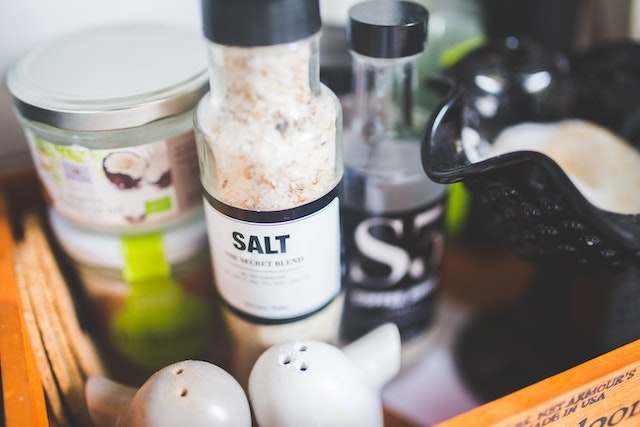Salt, or sodium chloride, is an essential nutrient that our bodies need to function properly. However, excessive salt intake can be harmful to teenagers. Here, we will explore the harmful effects of salt on teenagers.
High blood pressure:
Excessive salt intake can lead to high blood pressure, which is a major risk factor for heart disease, stroke, and kidney disease.
According to the American Heart Association, most American teenagers consume more salt than is recommended, with the average intake being about 3,400 milligrams per day. This is well above the recommended daily limit of 2,300 milligrams for most teenagers.
Dehydration:
Teenagers who consume excessive amounts of salt are at risk of dehydration. Salt pulls water out of the body’s cells and can cause dehydration, especially in hot weather or during exercise. Dehydration can cause fatigue, headache, dizziness, and even fainting.
Obesity:
A high-salt diet can also contribute to obesity. Foods high in salt, such as chips, snacks, and fast food, are often high in calories and low in nutrients. Teenagers who consume these types of foods regularly are at risk of gaining weight and developing obesity.
Kidney problems:
Excessive salt intake can also cause kidney problems, especially in teenagers who have a family history of kidney disease. The kidneys play a vital role in removing excess salt from the body, but if the salt intake is too high, it can damage the kidneys and lead to kidney disease.
Acne:
Salt can also contribute to the development of acne. A high-salt diet can cause inflammation in the body, which can lead to acne breakouts.
Teenagers who consume high amounts of salt and already have acne-prone skin may find that their acne worsens. To reduce the harmful effects of salt on teenagers, it is important to limit their salt intake. Encouraging teenagers to eat fresh fruits and vegetables, whole grains, and lean protein can help to reduce their salt intake. Parents should also encourage their teenagers to drink plenty of water to help prevent dehydration.
In conclusion:
Excessive salt intake can have harmful effects on teenagers, including high blood pressure, dehydration, obesity, kidney problems, and acne. Parents and teenagers should work together to reduce salt intake by avoiding processed and fast foods, reading food labels carefully, and encouraging the consumption of healthy, balanced meals. By doing so, teenagers can reduce their risk of developing health problems in later life.


